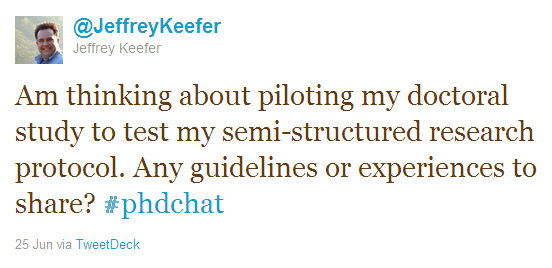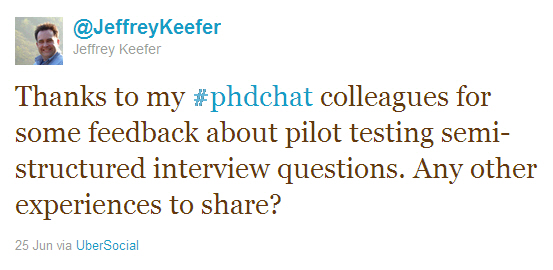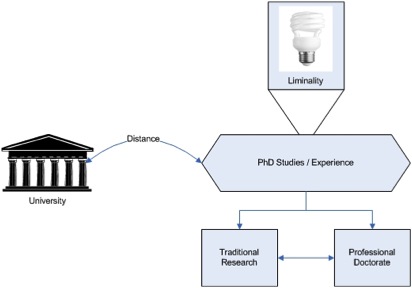Sure, the individual can relish in the personal learning, the sense of being part of something much larger, and the experience. However, who owns the product, or the solution? Whose value increases as a result of all that individual work? Yes, the organization or the corporation or the government. Perhaps the shareholders or owners or leadership? Ultimately, the collective benefits those who control it, while the individual components to the collective get swept up into the final product with the individual having little to tangibly show for the efforts. Without a vested interest on the individual level, the collective could probably not be effective.
Now, I have worked in nonprofits and academic institutions for years, and believe in the mission and vision of those organizations where I spend much of my time. I know that when I contribute to the collective, some aspect of society (and not shareholders) get the value of those efforts. However, can’t collective learning be leveraged to exploit the individual members by not giving them credit, or reward, or acknowledgment for their contributions? Can “doing thing for the common good” be said for the benefit of the few, and not necessarily of the many? Thinking in the context of WIIFM (What’s In It For Me?), what is my WIIFM for participating in any formal or organized collective learning experience, if I will not in some way benefit from all my efforts?
Outside of my personal and informal reasons for engaging in collective learning, what is my WIIFM for doing it when others will leverage (exploit?) the results? I am not asking this in a greedy or selfish way, but there is only so much time and energy, and I have to wonder how easily (cf. hegemony) it is to work together, with only a few reaping the significant benefits. Are individuals exploited under the guise of corporate or organizational collective learning?
Goodness, I am now wondering about a potential connection between collective learning and critical management studies!



